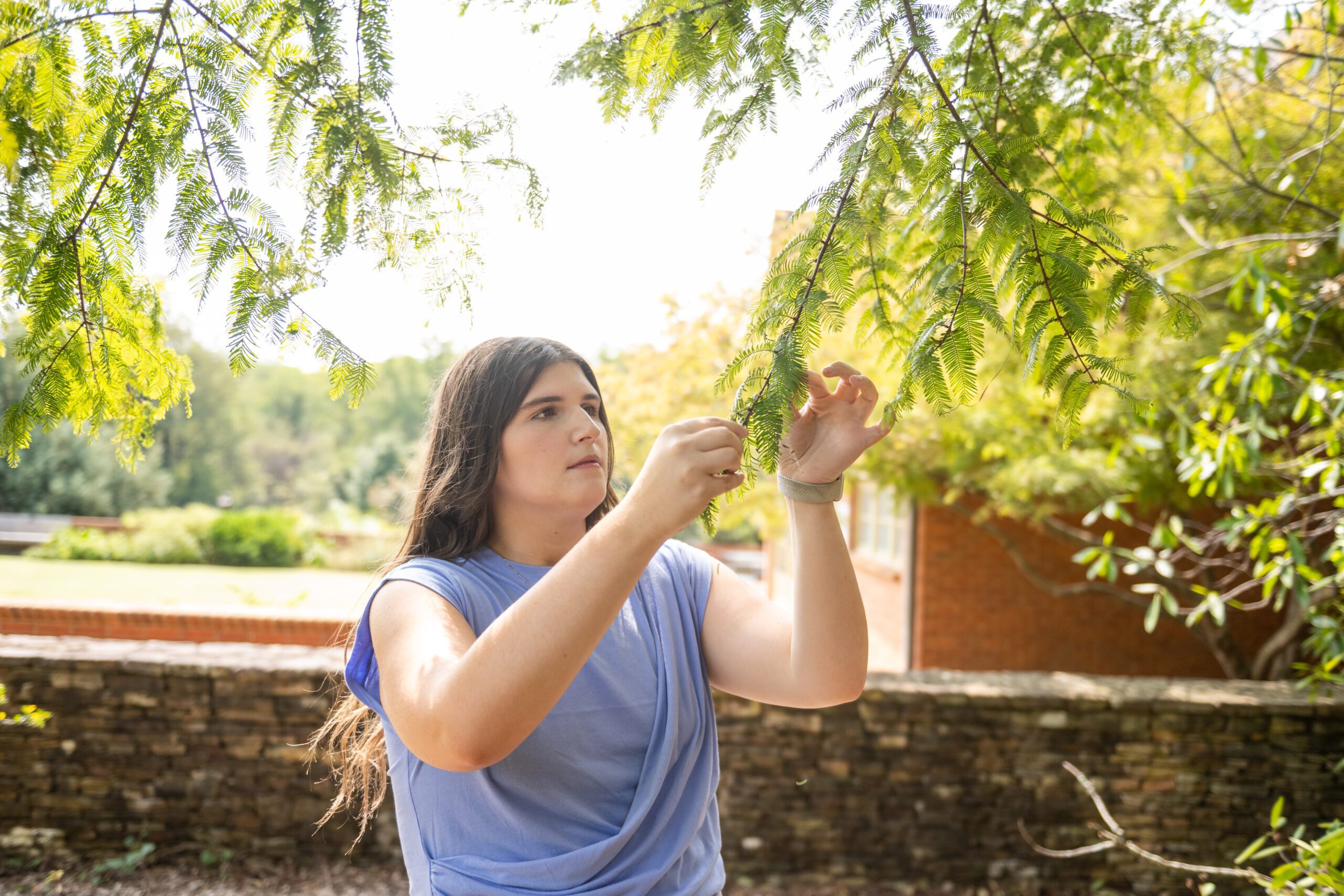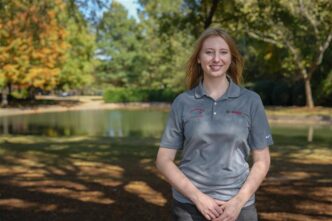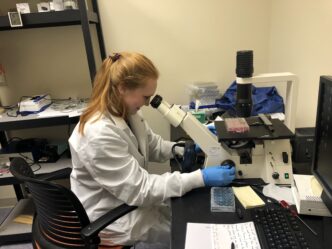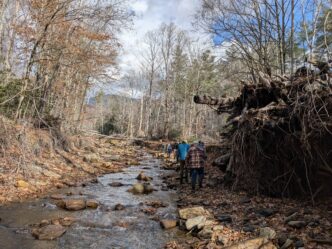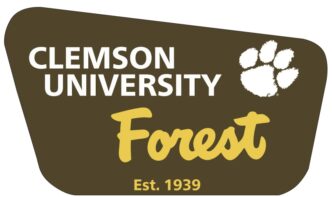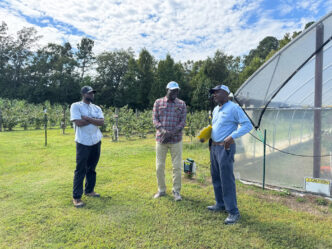Phoebe Beard transferred to Clemson to pursue an agricultural education degree. Her hands-on learning experiences have led her to even more classrooms along the way.
As a Summerville, South Carolina, native, Phoebe Beard ’25 began her agricultural education early. She first learned by working on fully functioning, self-sufficient farms through her high school, where she cared for pigs, cows, goats and more right on campus.
That high school ag program was taught by Clemson alumni Casey Attaway and Ben Edwards. So, when Phoebe showed interest in taking her ag experiences further, they pointed her toward Clemson University.
“Clemson is a land-grant, agriculturally based college at its foundation,” Phoebe says. “For any kind of agriculture, it was like the perfect place for me to be.”
Her path to Tigertown wasn’t a straight line, though. Phoebe took her first year of classes at Abraham Baldwin Agricultural College in Tifton, Georgia, intending to transfer to Clemson afterward. She studied hard and applied again as a transfer student, this time getting in.
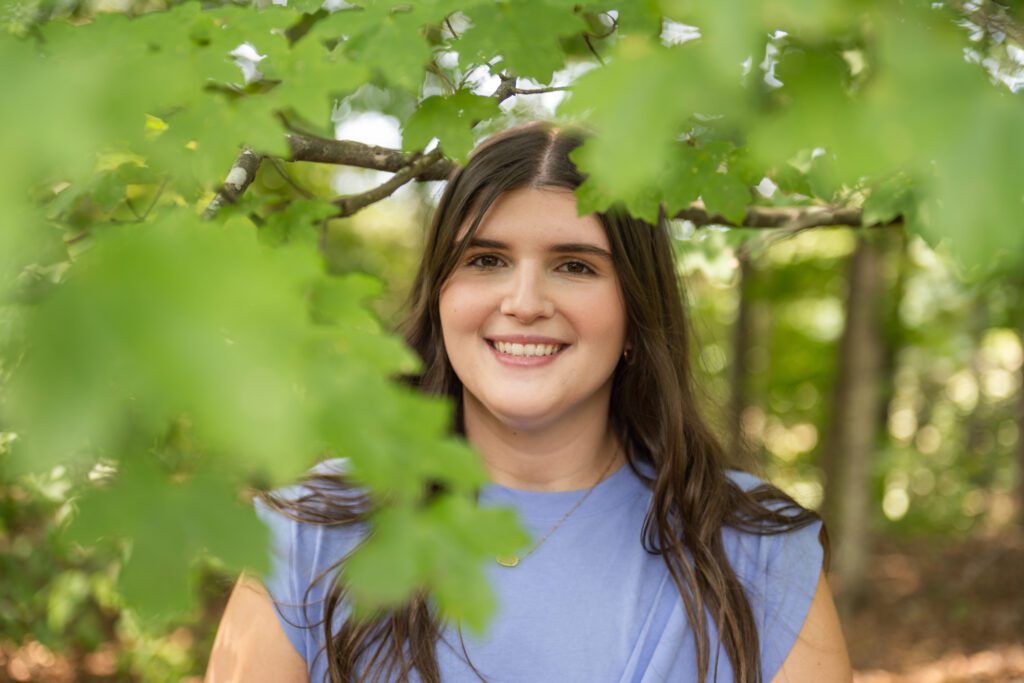
Attaway and Edwards have been working with Clemson’s agriculture programs to help connect more local high schools with higher education agriculture studies. It allows them to stay connected with students like Phoebe through campus visits and ag events, and they even share stories about the professors the three of them have shared.
“They’ve had such a big impact on my life,” Phoebe says. “It means even more that they are Clemson alumni.”
Studying agriculture at Clemson has allowed Phoebe to keep her learning experiential. She’s propagated plants, cross-bred plant species and learned how to handle livestock.
“I’ve always liked doing hands-on work,” Phoebe says. “Clemson has allowed me to explore different aspects of agriculture I haven’t before.”
Phoebe plans to pass along her experience to future generations. She currently student teaches in Upstate South Carolina as she earns her teaching certification through the University’s agricultural education program. The undergraduate certificate in agricultural education complements bachelor’s degree programs in the College of Agriculture, Forestry and Life Sciences, qualifying students to teach secondary agricultural education by enhancing their technical skills and content and pedagogical knowledge. The certificate requires an additional 31 credits of coursework and an entire Spring semester of directed student teaching.
Phoebe could not have been led onto this pathway without her high school teachers, who received the same Clemson degree she is now working toward.
“My teachers and their passion showed me what agriculture is all about,” Phoebe says. “Now that passion is in everything I do. I hope that I can be that person for someone one day.”

